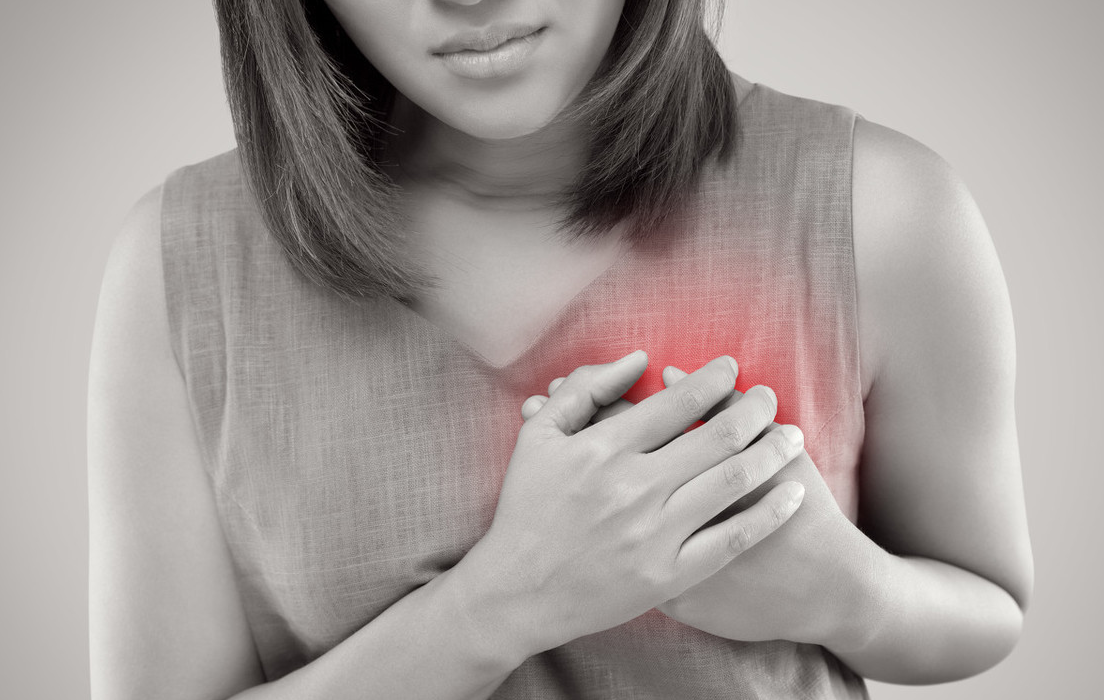
Palpitation is a manifestation of physical discomfort that we often encounter. It can be manifested as "heart popping express", it can be "heart empty", it can also be "feeling panic in the heart socket", or "all over the sieve, fidgeting" and so on.
Especially with the coming of winter, the high incidence of cardiovascular and cerebrovascular diseases, and then superimposed panic, is a "panic batch". Don't worry. The doctor told you not to worry about a little panic.
Sudden death is often caused by heart attacks
Panic in the end is not very serious heart disease, will like some stars sudden death? Many patients with panic will have such concerns.
In fact, most of the causes of sudden cardiac death are often acute myocardial infarction, commonly known as acute myocardial infarction. An acute myocardial infarction is usually caused by an acute occlusion of the coronary arteries that supply blood to the heart.
Palpitations, on the other hand, are electrical changes responsible for stimulating and keeping the heart beating. The two are very different.Is the so-called electrical panic serious?
Compared with acute myocardial infarction, the disease that causes panic is much less severe. If you want to understand the harm of panic, you need to know what happens to the heart when you panic.
The feeling of panic comes from changes in heart rate and rhythm. For example, the heartbeat is particularly fast, particularly slow, irregular dancing, and so on will lead to panic. In all three cases, a fast, irregular heartbeat is not something to worry about.
It's not a big deal to have a pounding heart
First of all, some rapid heartbeats are physiological and not something to worry about. For example, students are nervous when taking an exam, very hard when climbing a mountain, and very angry when angry, these situations will lead to an outcome, that is, the sympathetic nerve is excited.
The activities of the human body are finely regulated by the sympathetic and parasympathetic nervous system to achieve a balance. Sympathetic nerve excitation can cause rapid heartbeat, rapid breathing, high blood pressure performance; Parasympathetic excitation is the opposite, causing slow heart rate, slow breathing, blood pressure drop, such as sleep.
Sometimes, having a nightmare at night, the heartbeat is also very fast when you wake up, and the body is in an extreme state of sympathetic excitement because of the dream.
The rapid heartbeat in these cases is an adaptive adjustment made by the human body in order to adapt to the needs of the environment and body functions, and the heartbeat will be fine when it is no longer tense, no longer labor, and no longer angry. It's not good if it's forced to suppress the heartbeat.
Any physiological reasons caused by sympathetic nerve excitation, resulting in rapid heartbeat or premature beat like tachyarrhythmia, do not worry.
In this case, take some medicine as appropriate
In addition to anger, labor, tension and other emotional factors, drinking, tea, coffee and other exciting drinks can also lead to sympathetic nerve excitement, thus panic. These conditions are also caused by physiological factors, that is, the influence of food, generally do not have to worry about, there is no need to use drugs.
Some patients never drink alcohol, occasional drinking caused by panic may last for a long time, has been uncomfortable, this case can be appropriate with a little to inhibit the sympathetic neurotransmitter drugs, such as beta1 receptor blocker - metoprolol and so on.
Some flustered disease is not in the "heart"
There are some conditions that are pathological, but the disease itself is not in the heart, but in other systems throughout the body.
For example, diabetic patients with hypoglycemia will show panic caused by rapid heartbeat, as well as hand shaking, sweating and other discomfort, at this time, it is not simply to reduce the heart rate, but to solve the hypoglycemia, such as chocolate, candy bars, biscuits and other high-sugar foods, will quickly improve the panic; Another example, cervical spondylosis can also lead to palpitation, which is manifested as a long time of desk work or sudden stress in the neck, palpitation, dizziness, sweating, nausea, and even chest tightness.
At this time, there is no need to rush to use drugs to lower the heart rate, but to improve the neck environment. For example, do the head screaming, watching the play through the wall and other actions, or do shoulder and neck muscle exercises to improve the strength distribution of the muscles attached to the cervical spine; Anemia will also panic, the first performance is rapid heartbeat, often accompanied by shortness of breath after activity, chest tightness, at this time need to do a blood test to determine; Similarly, thyroid dysfunction can also cause panic, and diagnosis also requires blood tests.
It is necessary to remind everyone that after excluding the factors described before, if there is still a panic to find the reason, you should go to the hospital in time to find the reason. Treating the cause is the key.

